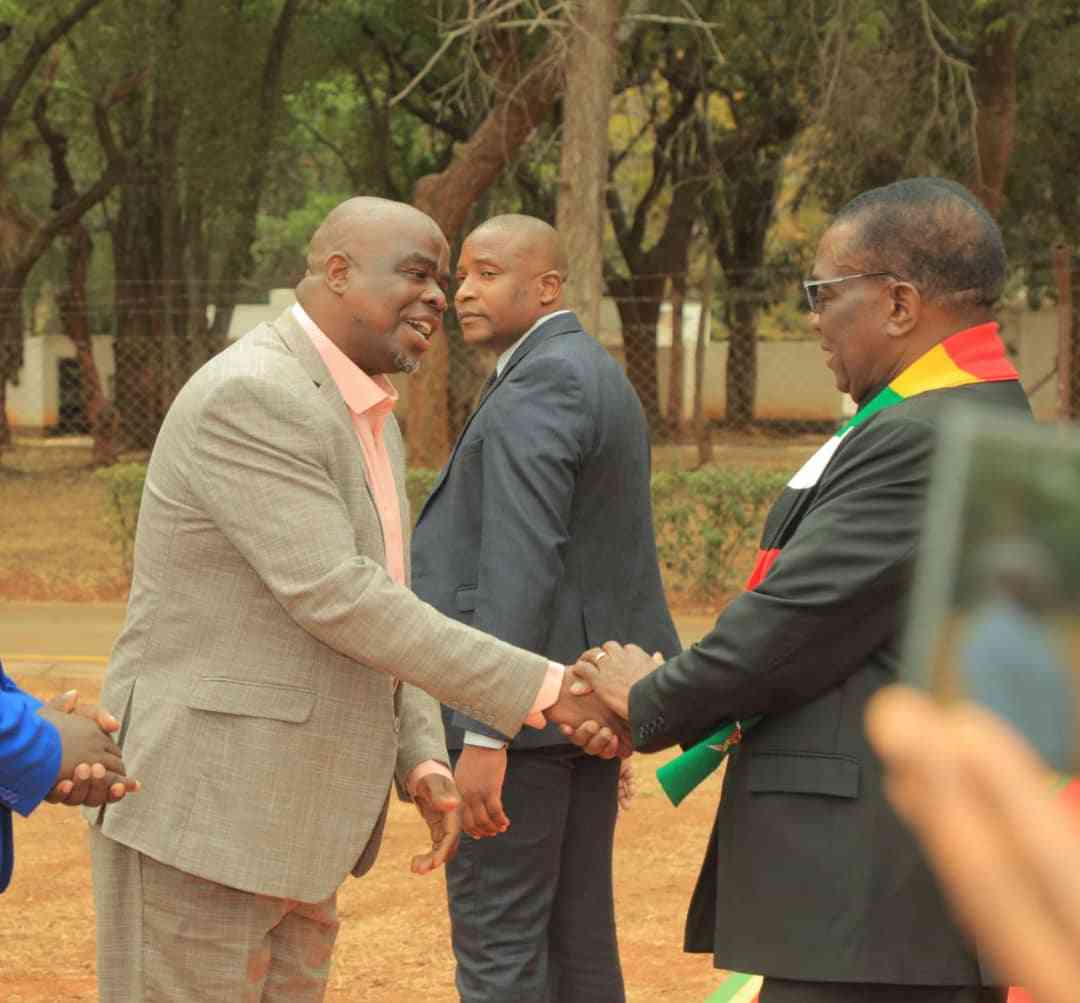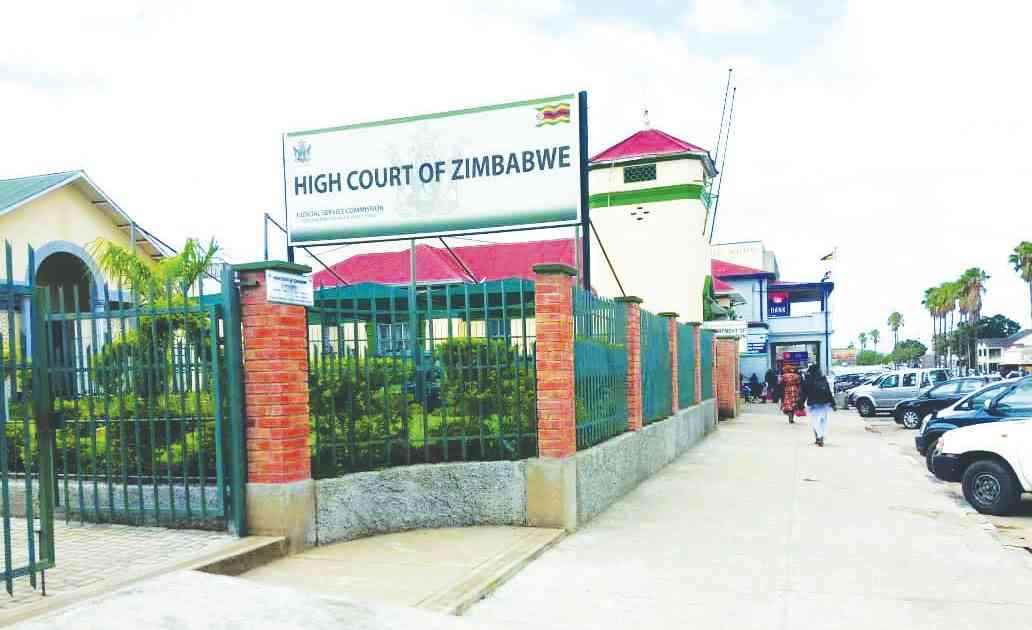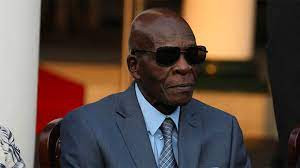“THE crisis consists precisely in the fact that the old is dying and the new cannot be born; in this interregnum a great variety of morbid symptoms appear” (Antonio Gramsci, 1947, Prison Notebooks).
By Admire Mare
The above statement aptly sums up the current crisis within mainstream political parties in Zimbabwe. Most parties are dominated by the old generation, especially at the top while the young generation occupies peripheral roles.
The talk around generational consensus represents the morbid symptoms of the current interregnum in Zimbabwe.
Some parties have promised to reserve seats for young people as a way of circumventing structural problems embedded in party politics.
Lack of upward social mobility within political parties creates fissures for the formation of factions tendencies as some politicians feel that the only way up is through starting their own parties.
Keep Reading
- Chamisa under fire over US$120K donation
- Mavhunga puts DeMbare into Chibuku quarterfinals
- Pension funds bet on Cabora Bassa oilfields
- Councils defy govt fire tender directive
It is within this context that the discourse of generational consensus has gathered steam in the last couple of months. With the elevation of Nelson Chamisa to the position of MDC-T leader, offline and online platforms have been awash with the discussions of generational renewal and consensus.
In some quarters, the discourse assumes a tug of war between the old and young generation, but to others this is simply a defining statement of the need to mainstream youth issues from the periphery to the centre without necessarily changing the political culture and office bearers of political parties.
There is a certain feeling that young political leaders quickly reach the glass ceiling in most political parties. If you listen to the “noise” around generational consensus, there seems to be a desire to ensure that young people are not simply the storm troppers and vanguard of the “old” generation, but main actors in mainstream political parties.
Young people make up at least 60 percent of registered voters. Beyond being just voters, young people are expressing their willingness to run for political office and engage in formal politics in ways never seen before.
A number of young independent councillors are already campaigning in rural and urban constituencies.
Due to their sheer numbers and their increasing participation in cyber-movements and hashtag politics made possible by the new media and information and communication technology, youth embody a force of cultural regeneration.
So what is generational consensus and renewal?
It is important to underscore that generational consensus is not unique to Zimbabwe. It is global phenomenon with multiple signs of manifestation.
Definitions of the generation time often fall into two categories: those that the treat the generation time as a time of renewal of the population, and those that focus on the distance between individuals of one generation and the next.
The notion of generational consensus encapsulates youth-driven form of renaissance, renewal and rejuvenation. In a way, it is about young people fore-grounding their concerns and wishes, expressing willingness to take part in formal politics and rallying each other to push for a “generational mandate”.
In some context, youths have used the mantra of generational consensus as a platform to call for a structural transformation, a redress of social, political and economic ills.
Over and above, the realms of informal and formal politics, young people are clamouring for equal economic opportunities and empowerment programmes meant to address systemic unemployment and structural poverty.
At the continental and global levels, calls for generational consensus have been raised at the African Union and the United Nations respectively.
Here, the main thrust has been to mainstream youth issues in the development agenda.
In Europe, generational renewal is mostly mentioned within the context of agriculture and rural development. Besides a reduction in the average age of farmers in the Europe Union, it is also about empowering a new generation of highly qualified young farmers to bring the full benefits of technology in order to support sustainable farming practices.
Is it possible to unpack the content of the generational consensus phenomenon in Zimbabwe?
In light of the above, it is prudent to assess the content of the generational consensus. What is its programme of action? Whose consensus is it anyway? Does it intend to change the culture of formal politics? What is its endgame? Who are included and excluded from the generational consensus? Does it have a generational mandate?
In his classical text, The Wretched of the Earth, Franz Fanon said “each generation must discover its mission, fulfil it or betray it, in relative opacity”. These words are very relevant to any discussion about generational consensus.
Up to now, there hasn’t been any coherent articulation on the vision and mission of the generational consensus. In some cases, the messages have been disparate and unco-ordinated.
If this is indeed the great reawakening of young people, how do the champions of generational consensus intend to address the Zimbabwean question which in so many ways has resonances with the youth crisis.
Another important question relates to whether having youth in key national institutions will significantly transform our country.
Is it just about having more young people in Parliament or it’s about looking at substance, policy proclamations and capabilities as well?
As political parties go for primary elections in the coming weeks, the most important thing will be dissecting the content and programme of action of aspiring candidates. It is also necessary to problematise empty rhetoric, sloganeering and the trendy hashtags.
As it stands, all parties seem geared to have young people as part of the candidate lists so the notion of generational consensus transcends the political divide.
More than simply articulating party positions on the economy and other facets of society, it will be interesting to look at how the young candidates will also discuss the youth crisis which manifests itself through unemployment, educational and qualification inflation, “street corner” societies and drug abuse.
There is palpable feeling that young people are geared to take part in the forthcoming elections whether as voters or office bearers. Buoyed by the exit of Robert Mugabe and the relative successes of the hashtag movements like #ThisFlag and #Tajamuka, there is renewed commitment to reengage with the domain of formal politics.
Over the past decades, there has been little trans-generational continuity in leadership succession in political parties. Even the elevation of young political cadres drawn from student movements to higher leadership positions has been rather slow.
In a way, this has caused discomfort and limited participation of young people in Zimbabwean politics. It remains to be seen whether the discourse of generational consensus is another empty fad with little political glue or a magnetic force with the ability to unite people across generations, gender, ethnicity, race and political affiliation.
lAdmire Mare is a senior lecturer at the department of communication, Namibia University of Science and Technology. He writes here in his personal capacity





